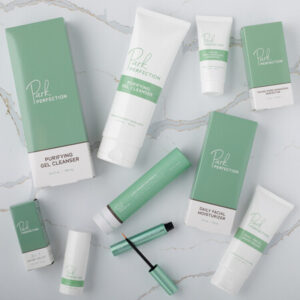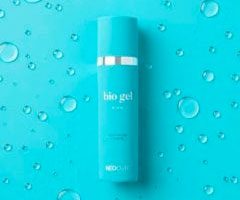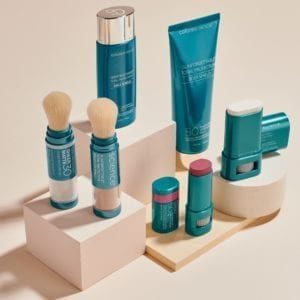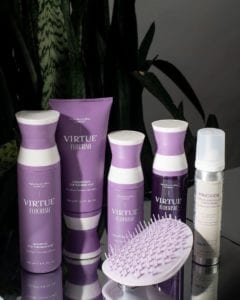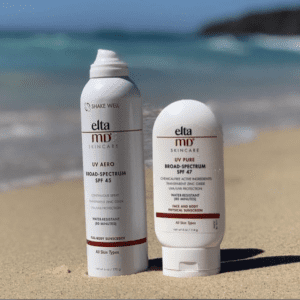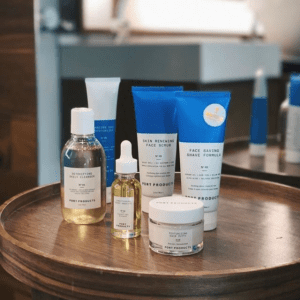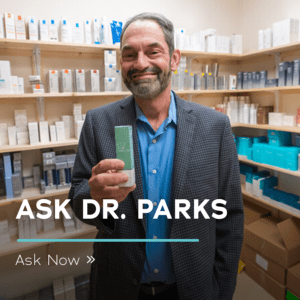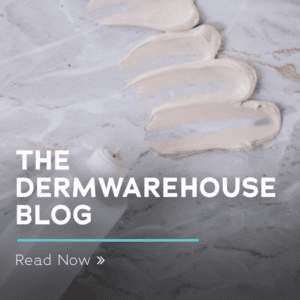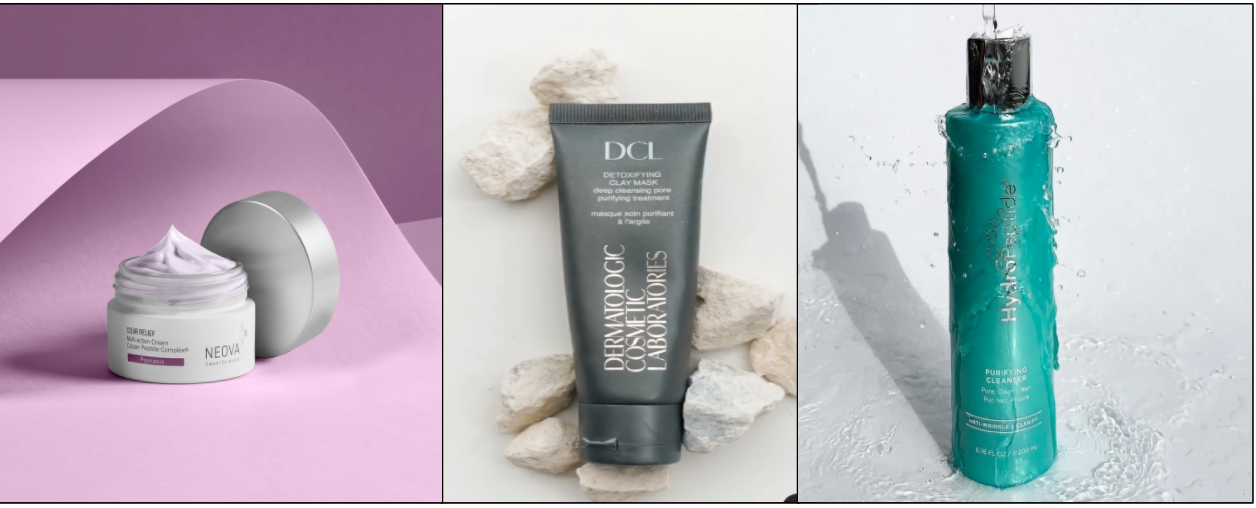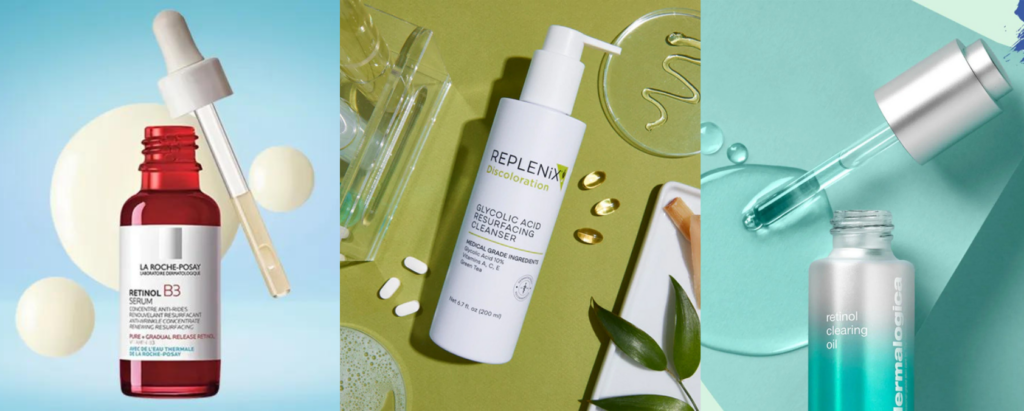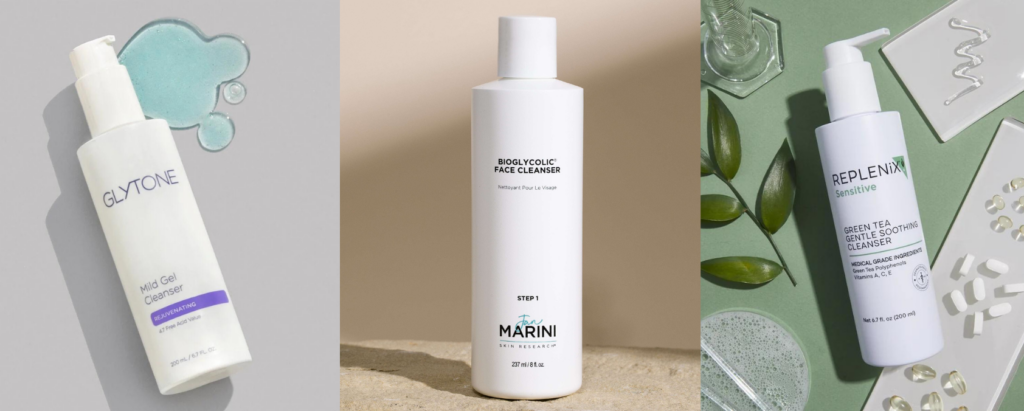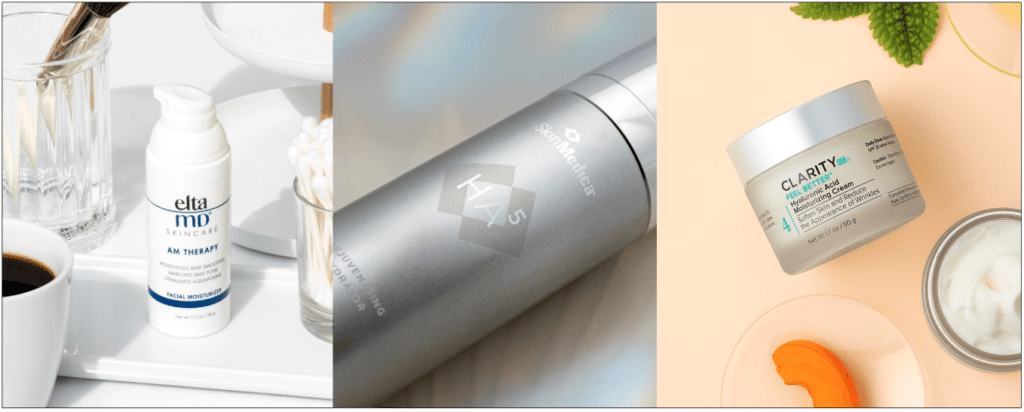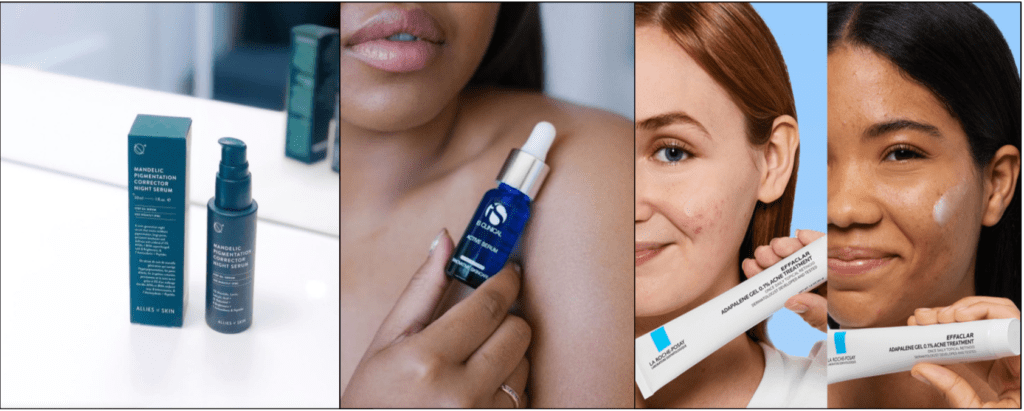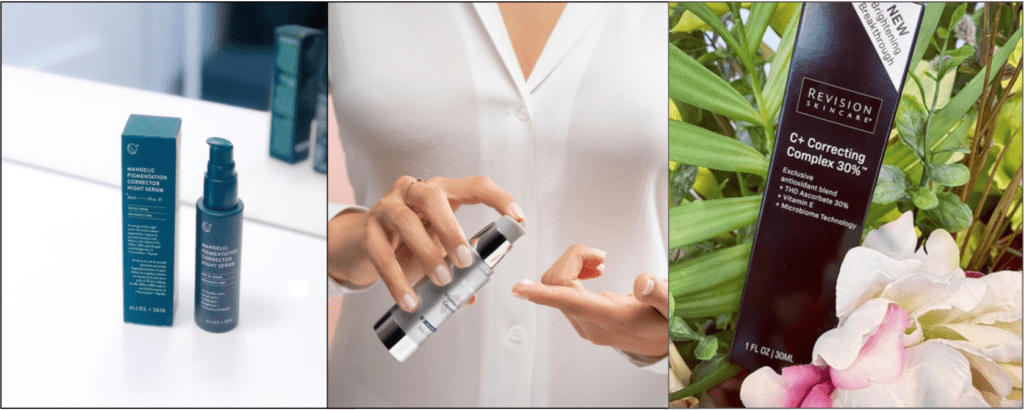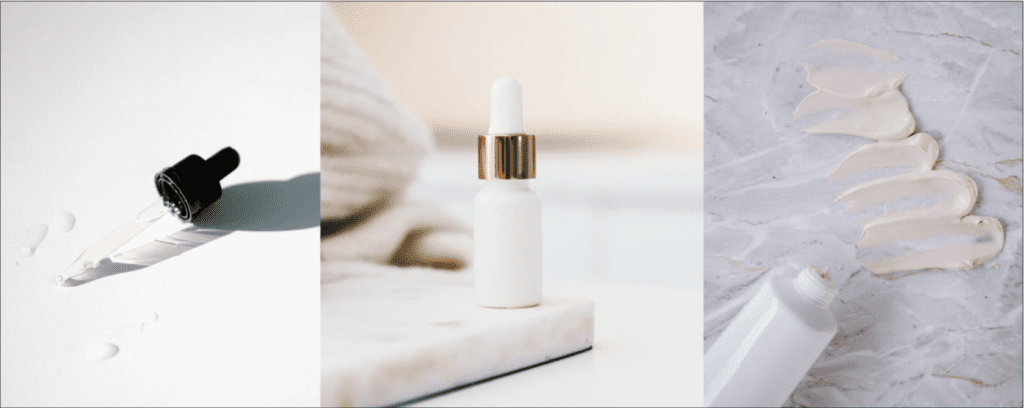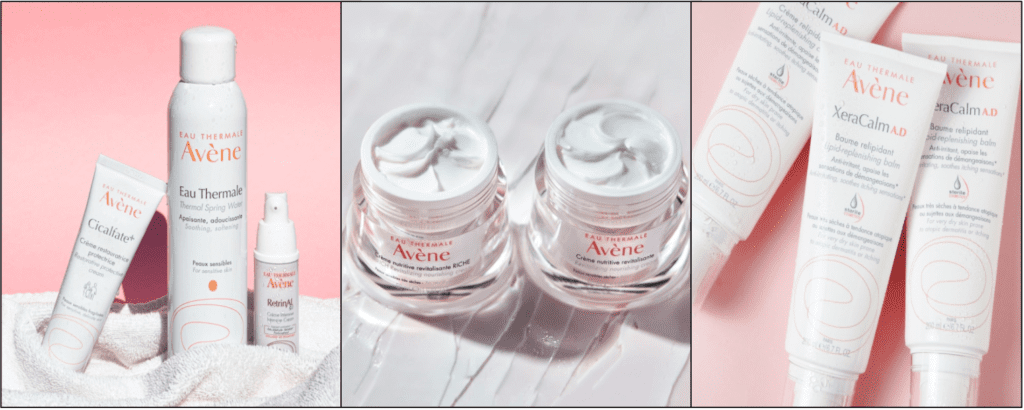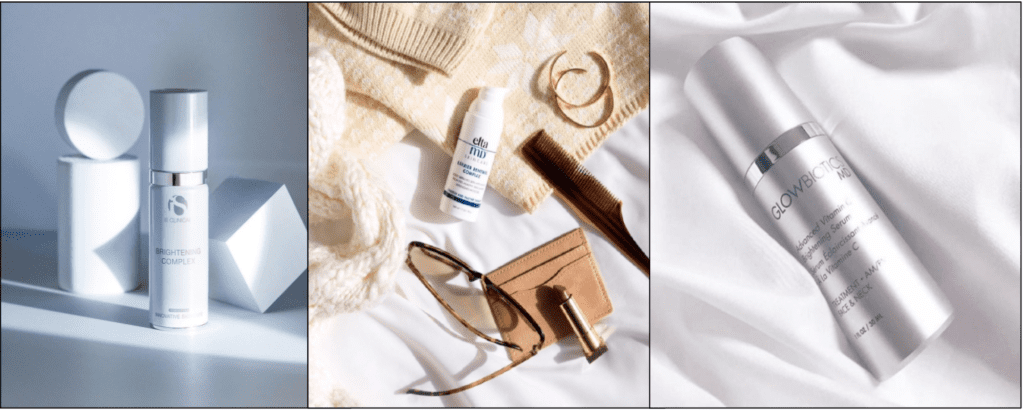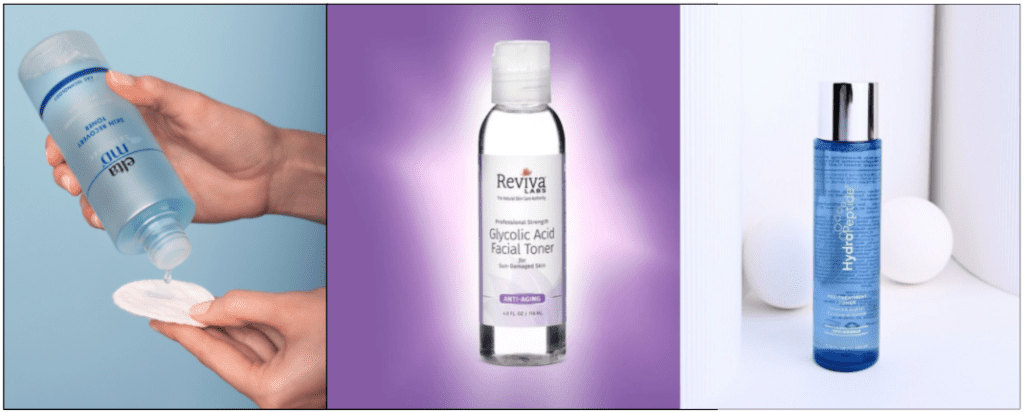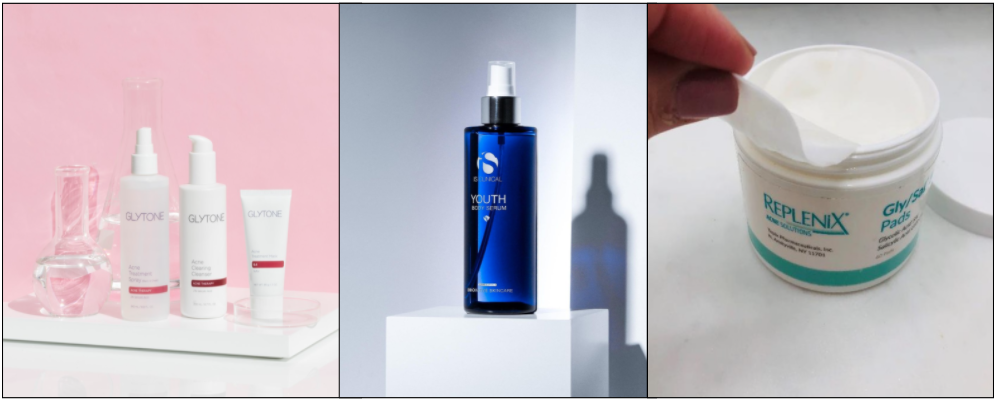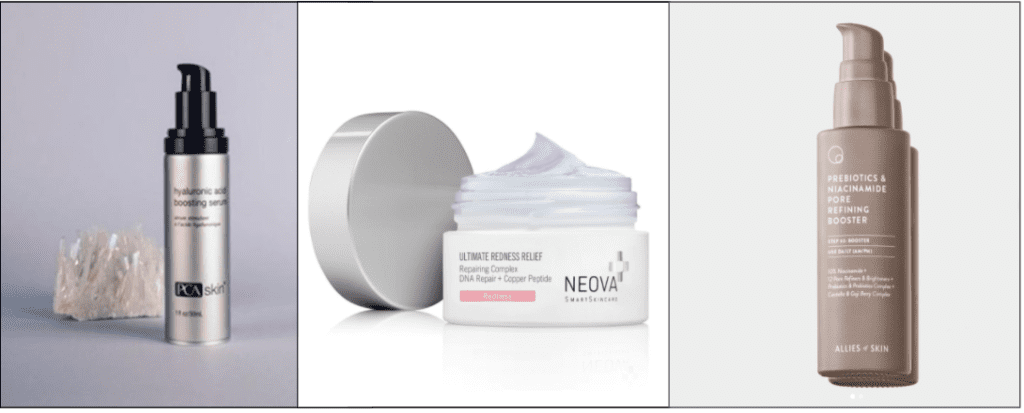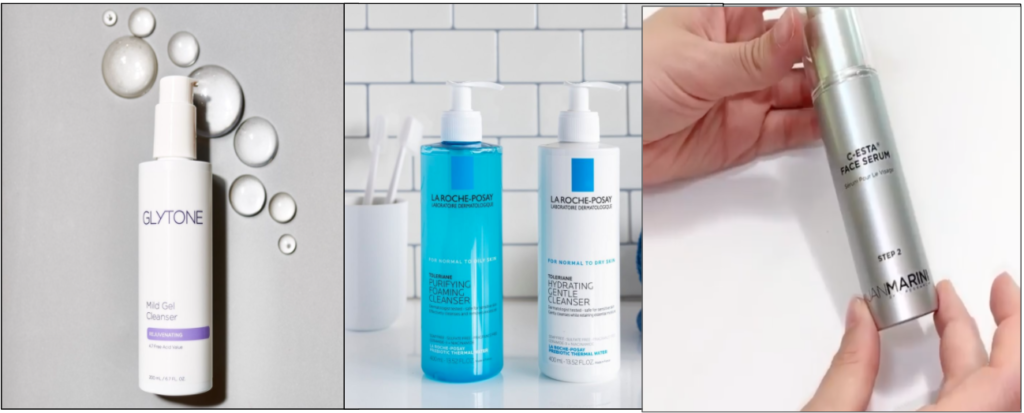Whether or not it’s 100 degrees or 40 degrees outside, your skin sometimes has a mind of its own. In times you’d think it would be dry, it stays oily, and it times you’d expect it to be oily, it’s extra oily. This is the life of having oily skin. It can feel like no matter what you do, your skin still feels like an oil slick mid way through the day, no matter how much primer you use or how many times you blot. While your skin type may never change, there are ingredients and products you can use to help relieve your oily skin.
What causes oily skin?
First, it’s important to realize that everybody’s skin produces oil. It’s a natural function of our skin. All of us have pores, which create sebum in our skin, which is a natural oil that works to keep our skin hydrated and balanced. Sometimes, these pores, or sebaceous glands, produce too much oil, making the skin look and feel extra oily. This excess of oil can also make your skin more prone to breakouts, as this extra oil can clog pores and cause acne or breakouts to form. There are many reasons why your skin might overproduce oil, the first being genetics. We know, you don’t want to hear that, but oily skin is genetic. If your parents or siblings have oily skin, there’s a good chance you’ll have it too. Additionally, the environment can play a big factor in how oily your skin is. When the weather is especially hot and humid, combined with your genetics, your skin might be feeling extra oily and greasy. Another big reason that your skin might be overproducing oil is overwashing– it’s confusing, but it’s true. When you wash your face too much, it strips the skin of the natural oils it needs to stay hydrated, and in turn it works overtime to produce more oils to rehydrate the skin. Be sure to cleanse only in the morning, in the evening and after exercise with a gentle cleanser to avoid stripping your skin. Your hormones can also play a big part in oily skin, especially for those going through changes like puberty, pregnancy or menopause. No matter the cause for your oily skin, there are ways to help reduce it and get your skin back to looking healthy and balanced.
What ingredients can help control oily skin?
Hyaluronic Acid: It may seem counterintuitive, but keeping your skin moisturized with something like hyaluronic acid actually helps to curb oil production at the end of the day. Our skin tends to over produce sebum when it feels like our skin is in need of hydration, so keeping it hydrated to begin with can help to reduce this overproduction of oil. Just because your skin is oily doesn’t mean it doesn’t need moisturizer! A light and gentle moisturizer like hyaluronic acid is ideal for those suffering from oily skin, as it provides serious hydration without feeling greasy or thick. The PCA Skin Hyaluronic Acid Boosting Serum uses hyaluronic acid to plump, firm, and hydrate the skin, all while helping to stimulate the skin’s natural hyaluronic acid production. The Neova Clear Relief is also a great option for incorporating hyaluronic acid into your routine. Its formula combines a copper peptide complex with hyaluronic acid to help hydrate the skin and keep it smooth and soft.
Salicylic Acid: Salicylic Acid is a chemical exfoliant that works deep down to exfoliate away dead skin cells without rubbing your skin with physical exfoliators. It’s great for reducing excess oil, getting rid of dead skin cells deep in the pores, and has anti-inflammatory effects that help to kill bacteria, making it great for those who suffer from oily and acne-prone skin. It’s beloved as an acne ingredient, and since excess oil is one of the causes of breakouts, using salicylic acid consistently can help to regulate oil and reduce breakouts on the skin. The HydroPeptide Purifying Cleanser is a great option for everyday use, as it has peptides, mandelic acid, and salicylic acid to promote healthier skin and decreased oil production. There’s also the SkinMedica Purifying Foaming Wash with salicylic acid, that gently cleanses the skin and removes excess oil.
Retinol: Retinol has tons of different benefits for the skin, including reducing and preventing signs of aging, reducing acne, and evening out skin tone. It’s also great for regulating oil production in the skin and increasing the rate of cell turnover in the skin, helping it to become more balanced, hydrated, and radiant. It also helps those with oily skin by tightening up pores, helping to reduce oil production.
Clay: You may or may not have tried a clay mask before, but if you have oily skin, clay can be beneficial in helping to reduce oil and unclog pores. It works by absorbing excess oil in the skin, creating a mattifying effect. It also helps to clear out dirt and debris from your pores, helping to unclog them and prevent breakouts from forming. When using products with clay, be sure to follow up with a moisturizer to be sure to rehydrate your skin. The DCL Detoxifying Clay mask uses activated volcanic ash, peppermint extract, mineral rich clays and other natural ingredients to detoxify your skin and absorb excess oil.
Niaicinamide: Also known as Vitamin B3, niacinamide is an ingredient known to be beneficial for many different skin types and concerns, including oily skin. It helps to hydrate and retain moisture in the skin, which helps to stop the skin from overproducing oil. It also helps to minimize pore size and even out the texture of the skin.
At the end of the day, we all get oily sometimes, and the best thing we can do is to continue to take care of our skin by cleansing, moisturizing and wearing SPF.

